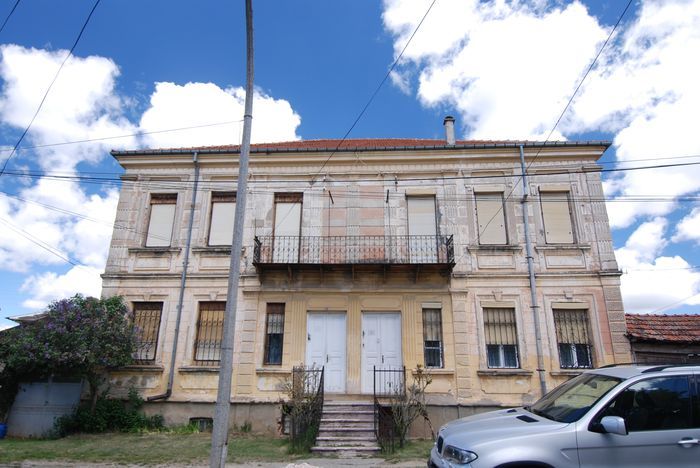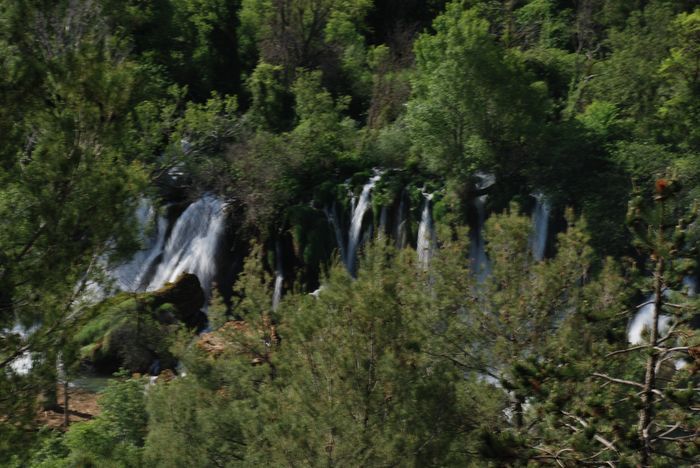Then what a diversified scene is spread before the mind by the variety of religious faiths professed here. A native of Constantinople put the case before the Parliament of Religions, held at the Chicago Exposition, thus: “We have a Parliament of Religions every day in Constantinople. ” The faith of Israel, Mohammedanism, and Christianity, are here matched against each other in great organised communities, with the marks of the controversies and wars which form so large a part of the history of this Eastern world fresh and clear upon them.
Valide Khan in Stamboul
Here are the sects and schools of thought which divide Islam; the Sunnites who maintain the legitimacy of all the Caliphs, the Shiites who hold that Ali, the cousin and son-in-law of the Prophet, was his first lawful successor, and who gather annually in the court of the Valide Khan in Stamboul, to cut and gash themselves, like their brethren in Persia, as they mourn the murder of Ali’s sons, Hussein and Hassan; the Howling and the Dancing Dervishes who hope to apprehend the Divine in their ecstasy, the Bektashs Dervishes, more rationalistic, more tolerant, more latitudinarian.
Here are the sects that divide the Christian world; Orthodox Greek, Roman Catholic, Gregorian Armenian, Protestant, representatives of the Nestorian Church, and of the Syrian Jacobites. What long vistas of Church History are thus open on every hand; what different modes of conceiving truths stare you in the face at every turn!
Finally, but not least, there is the spacious outlook afforded by the political situation, of which Constantinople has long been the centre. The question of the continued existence of the Ottoman rule in Europe, if not also in Asia, has been a burning question for many generations, affecting both the destiny of the peoples subject to that rule and the interests and relations of all the Great Powers of Europe. It is one of the biggest, most important, most complicated problems that can occupy the minds of the statesmen of the world, and it has no less magnitude in its appeals to the concern of philanthropists. Here, to speak with malice to none and with charity for all, is a rule established by the might of conquest over different races, rival nationalities, various creeds.









